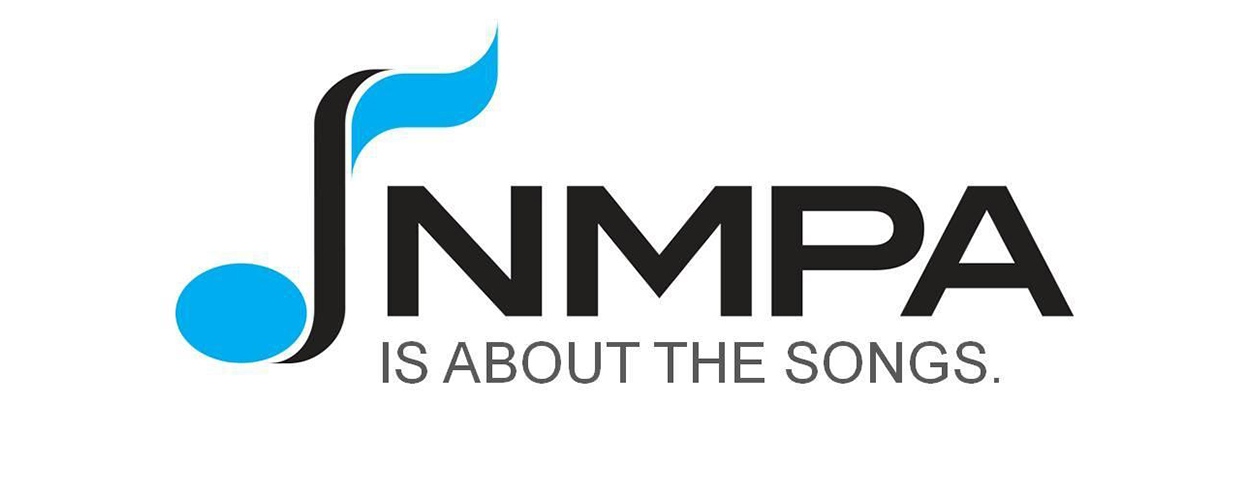This website uses cookies so that we can provide you with the best user experience possible. Cookie information is stored in your browser and performs functions such as recognising you when you return to our website and helping our team to understand which sections of the website you find most interesting and useful.
Business News Digital Labels & Publishers Legal
NMPA speaks out again as streaming royalty rate appeal gets to court
By Chris Cooke | Published on Tuesday 10 March 2020

As efforts to appeal the US Copyright Royalty Board ruling on streaming royalties heads to court this week, the boss of America’s National Music Publishers Association has set out his organisation’s grievances against Spotify et al in an op-ed piece for Billboard.
What royalties streaming services pay to songwriters and music publishers in the US is constrained by a compulsory licence that covers the mechanical copying of songs. It means that, while in other countries publishers and song right collecting societies have sought to increase their share of streaming money through direct negotiations with the digital firms, in the US everything is impacted by the decision of a committee of judges.
Those judges form the Copyright Royalty Board, which last year concluded a review of digital royalty rates by increasing the share of streaming revenue to be allocated to the song rights. The increases will occur over a number of years until 15.1% of streaming monies go the song, up from an old rate of 10.5%. That will bring the US rate more or less in line with what has been negotiated by the publishers in many other countries.
However, various streaming services, including Spotify and Amazon, are appealing the CRB’s judgement. That has, of course, pissed off the American songwriter community and music publishing sector big time. In his op-ed piece yesterday, NMPA boss David Israelite wrote: “Songwriters: This week, Spotify and Amazon are quite literally taking you to court. A great deal of the business of how much you get paid happens in a room a few blocks from [US Congress]”.
Spotify has always insisted that it doesn’t actually object to the rate increase, but that it has issues with other aspects of the compulsory licence. The NMPA disputes those claims, pointing out that Spotify did object to a royalty increase in earlier stages of the CRB rate review.
Israelite wrote yesterday: “When their appeal was announced last year, Spotify in particular rushed to assure songwriters that it wasn’t really trying to discard your raise and instead they wanted to ‘clarify elements’ of the decision and that Spotify indeed did think songwriters ‘deserved to be paid more’. This is directly contradicted by the case they put on in 2017 which proposed actually cutting songwriters’ old rates. Ultimately, they hope to cut what you are paid by a third”.
Although most major digital music firms – with the notable exception of Apple – are involved in the appeal, Spotify has been on the receiving end of the most outrage from the songwriter and publisher community. That was apparent from Israelite’s piece, in which he dismissed the market-leading premium streaming firm’s other efforts to placate songwriters.
He went on: “What’s arguably worse than the backroom attempts to slash songwriters’ royalties through the court system are the hollow PR gimmicks that Spotify is using to distract from what they’re actually doing behind closed doors. Just recently the streaming giant rolled out its beta version of Songwriter Pages. While it is always a good thing to give songwriters more credit, this pales in comparison to attacking songwriters in what matters most – valuing their songs”.
“Even more bold was their Secret Genius stunt”, he added, “which sought to honour the creators behind the music with parties and playlists. They even hosted global songwriting camps throughout the year called Songshops. What they didn’t advertise was they were actively fighting to devalue the works coming out of those camps”.
His article later concludes: “Ultimately these services rely on what you – songwriters – think of them. You need them, but they need you more. When you’re invited to parties, featured on billboards and encouraged to buy in to the hype, remember that millions of dollars are being spent on their lawyers to fight your raise, instead of paying you for your music”.
You can read the full article here. We await to see what specific arguments each side now presents in court.





